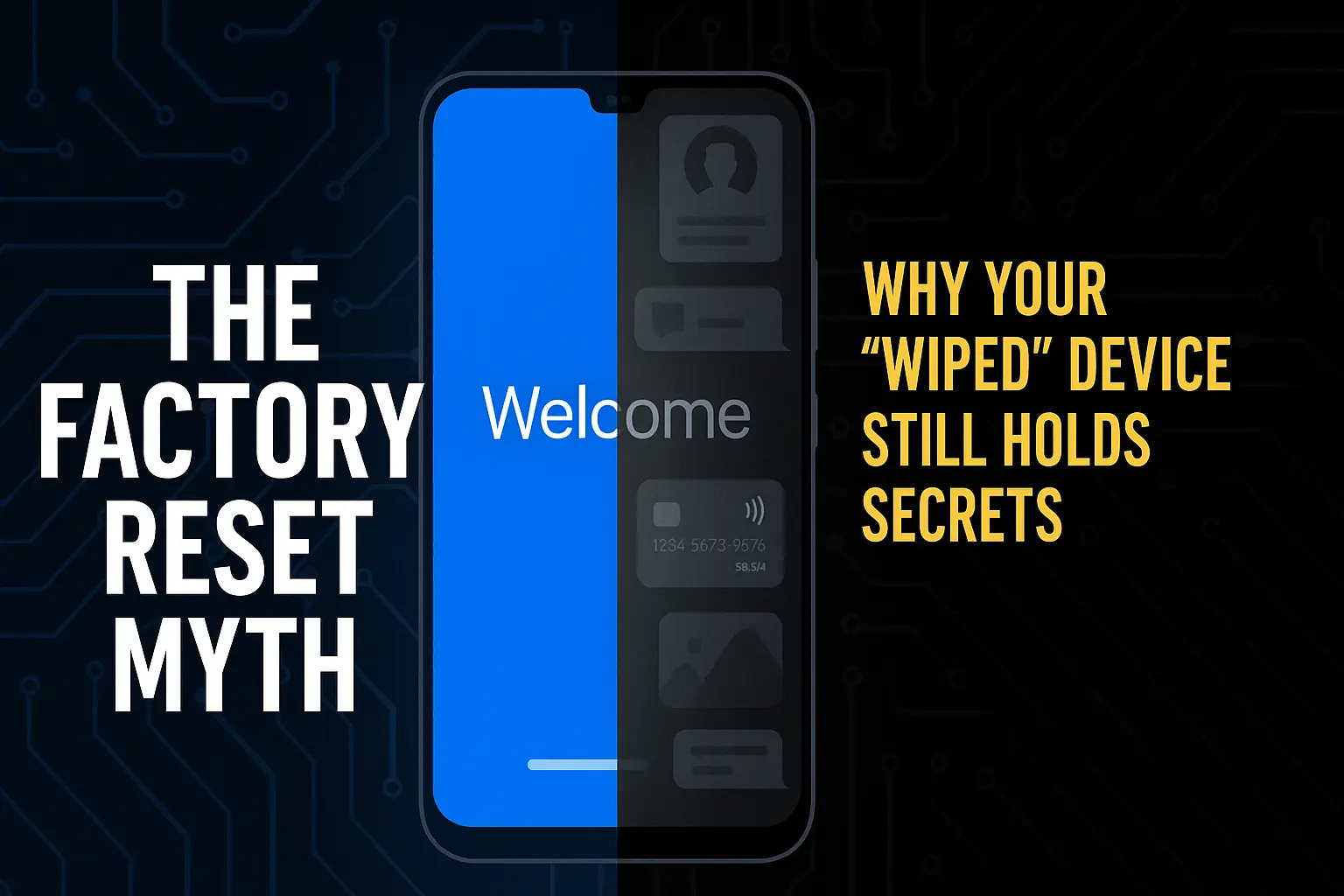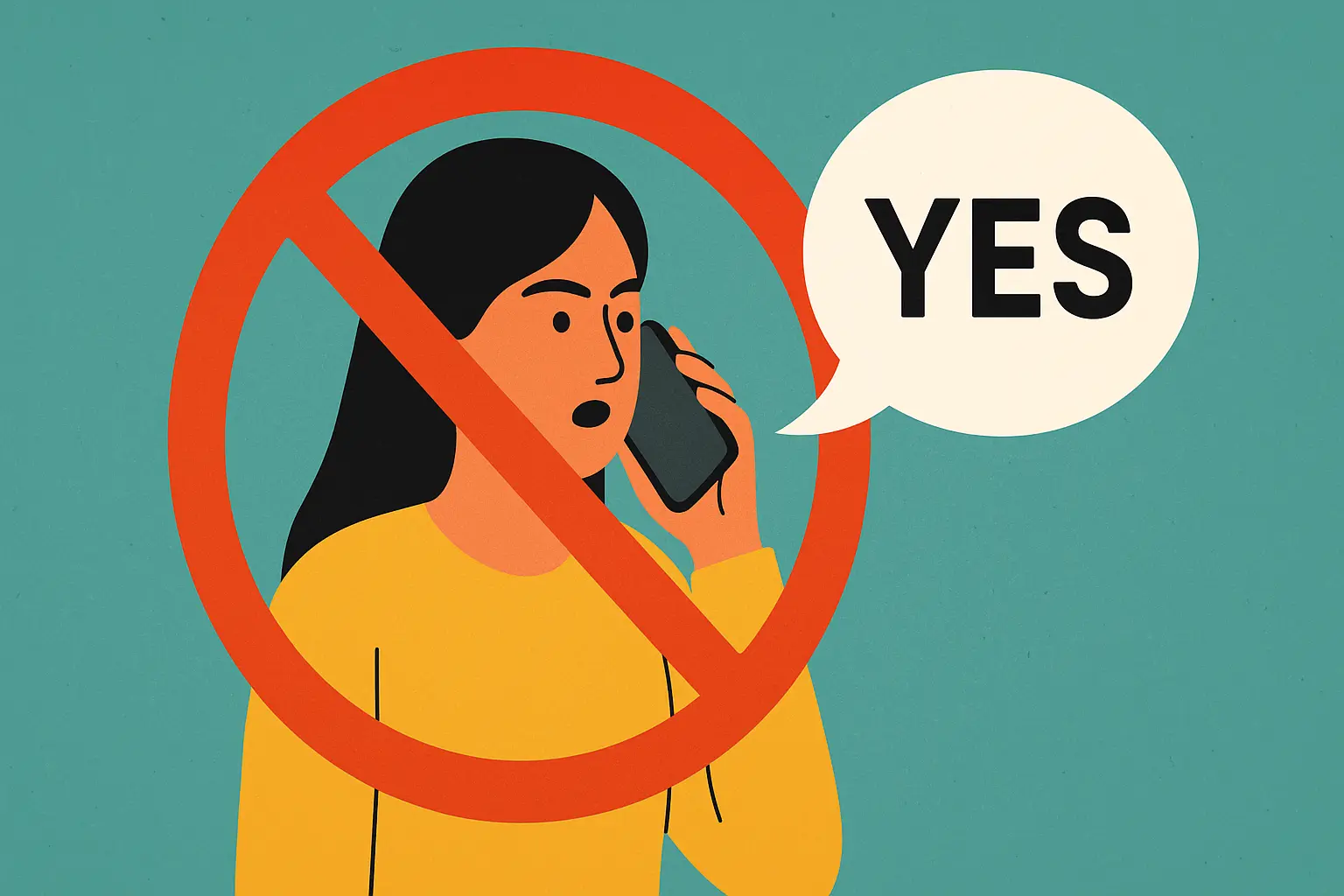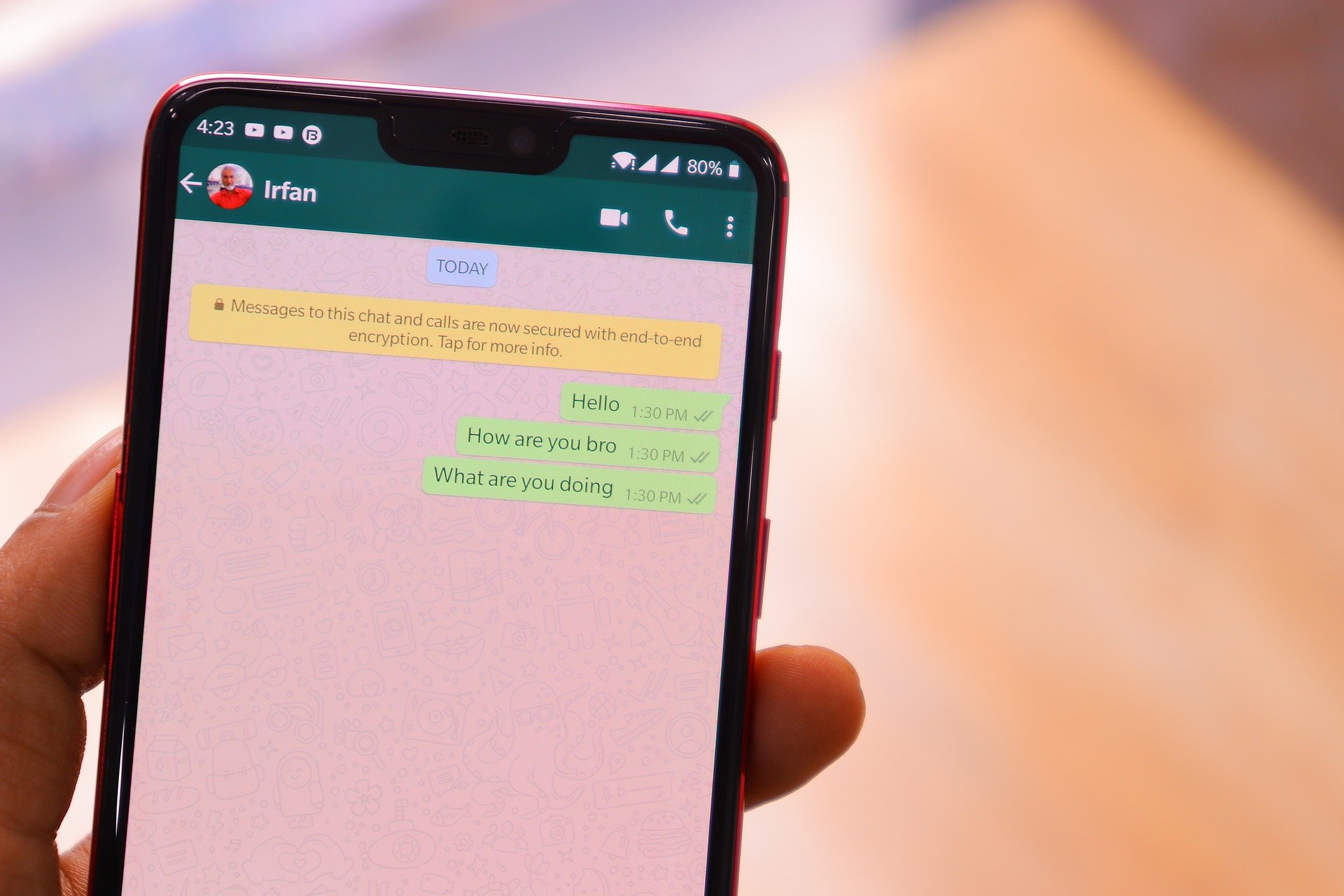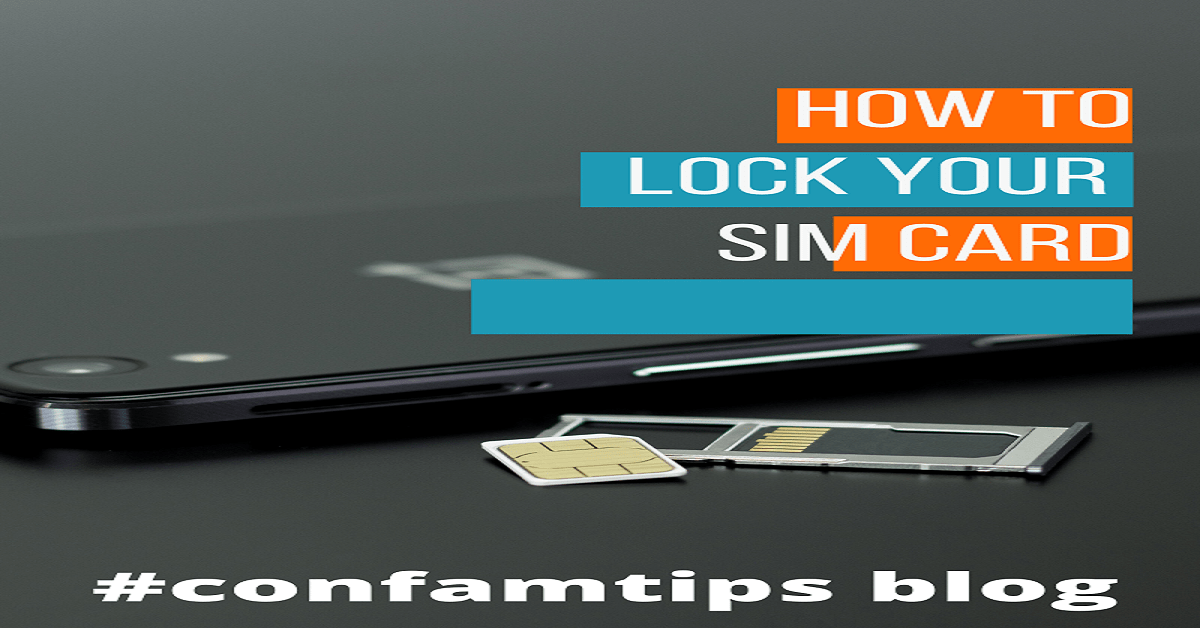Social media is one tool many use, but only a few consider the security implications of their activities on the platform.
Sometimes, harmless posts we make on our social media walls might be the right data a hacker had been waiting for to execute an attack on us.
A comment made on your post by a friend might give a clue to a scammer on how to address you when they cold call you.
Remember, social media is not only a platform for social networking. It is also a great tool in the hands of hackers for open-source intelligence.
Open-source intelligence (OSINT) is data collected from publicly available sources to be used in an intelligence context.
Social media platforms are a good place where hackers can collect such free data about those they wish to attack.
We are in an era where knowing the security implications of the information we give out online is very important. That is the knowledge you will gain from reading this post.
Types of Social Media Posts That Can Worsen Your Online Security
1. Posts About Your Hardware Infrastructure
It is common to see people make posts that directly or indirectly expose the type of hardware devices they use. This might be the type of phone, server, or computer device they use.
Posts like that might not mean a lot to the person making them, but they are of great benefit in the hands of an attacker.
Such a post saves an attacker some time they would have spent doing banner grabbing. Making it easy for them to know the actual attack to throw at you.
2. Posts That Reveals Your Personal Data
Posts made on social media that reveal your personal details, like date of birth, place of work, physical locations, names of relatives, or residential address, can also be taken advantage of by online scammers.
Such a post can be a source of facts that scammers can use to buy their authenticity. It also makes executing social engineering on the poster easier.

3. A Post that Reveals Your Present Activity and Achievements
Post that reveals your present dealings and achievements is as dangerous as the one that reveals your personal identity. Such a post gives an attacker a clue on the type of phishing attack to throw at the poster.
Making a post about a job interview you just attended might be an avenue for a bad actor making an advanced persistent threat at you to know the type of phishing email to send to you.
We should be careful about the information we give out online. Online privacy is not only for those that have something to hide. We all need to protect ourselves and our privacy.
A strong password and two-factor authentication are no longer enough to maintain our cybersecurity. We need to have knowledge about some social engineering tricks bad actors are using.
Knowing how to unmask scammers online is also a good skill we all need.
Remember, social media posts might make you vulnerable to scammers, but there are still other reasons here why many fall victims to online scammers.







